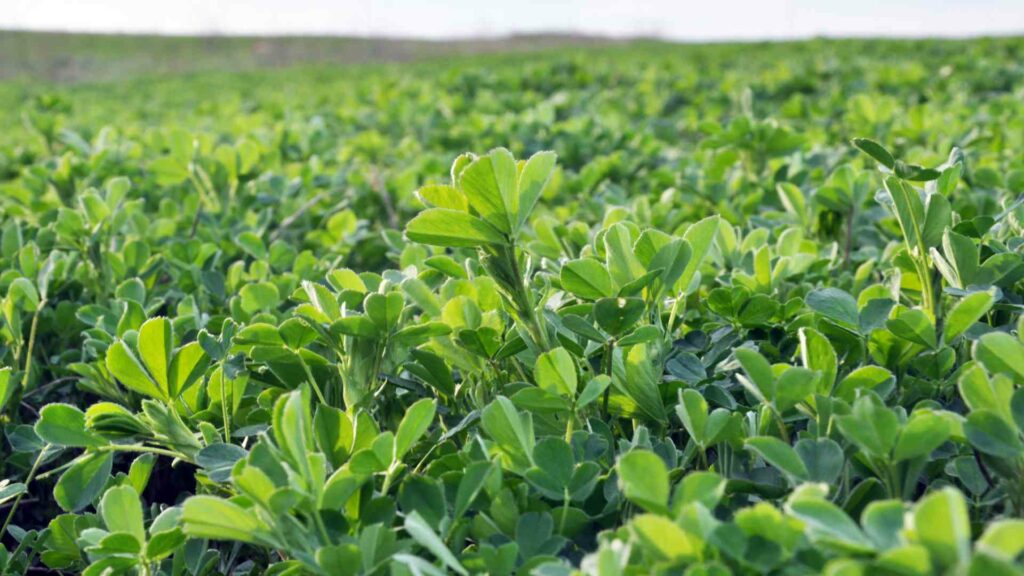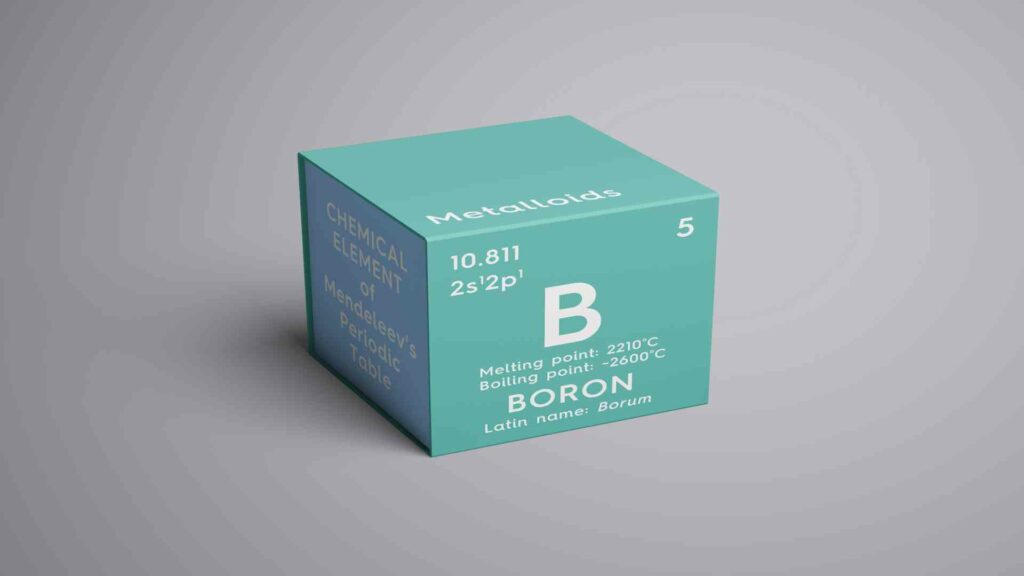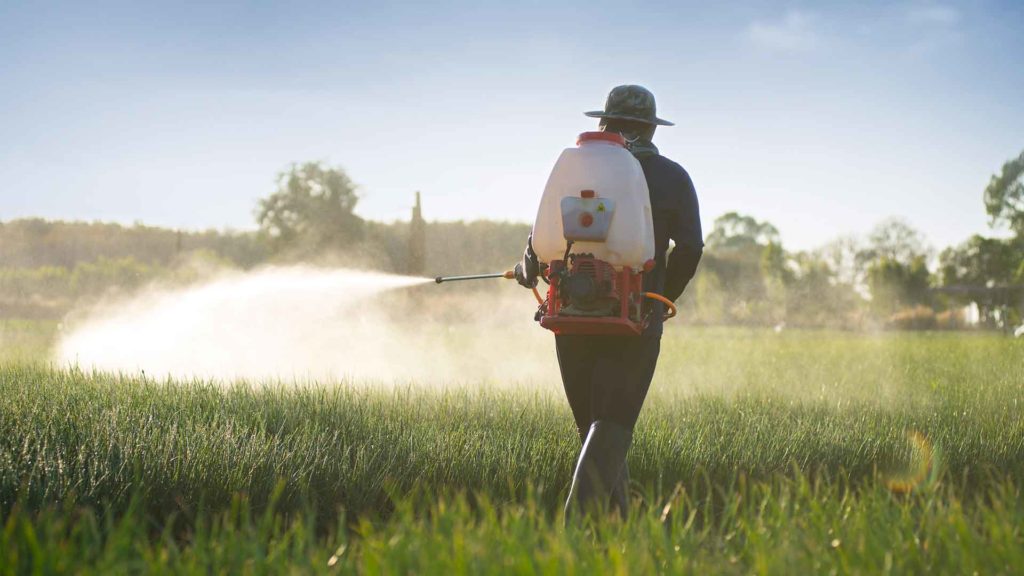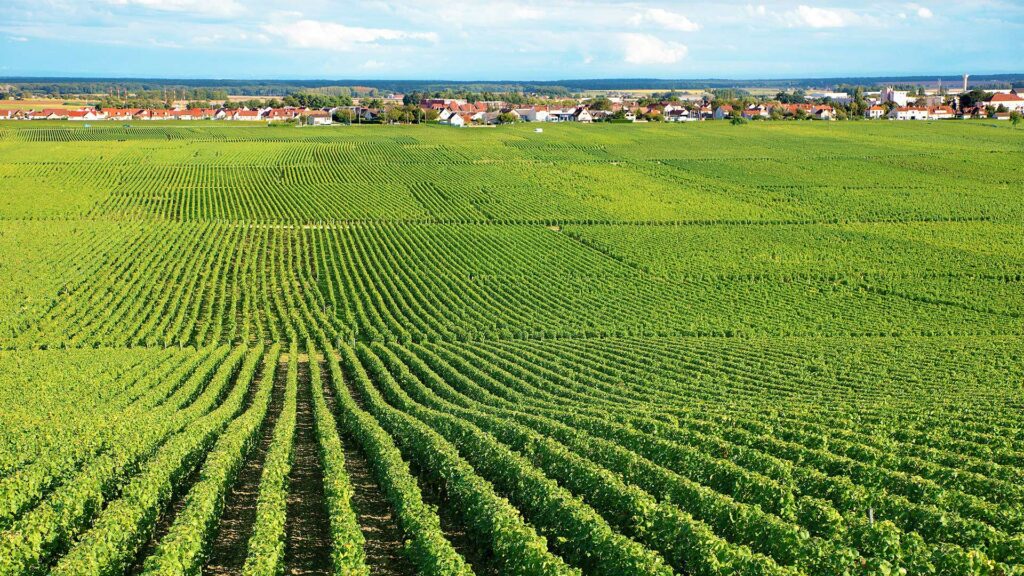Boron Steel for Agriculture
Boron steel is used widely in manufacturing agricultural machines, chemical equipment, food processing machines, and other types of industrial equipment. Agricultural machinery manufacturers continuously strive to improve their devices in terms of their functionality, thereby improving their customers’ quality of service.
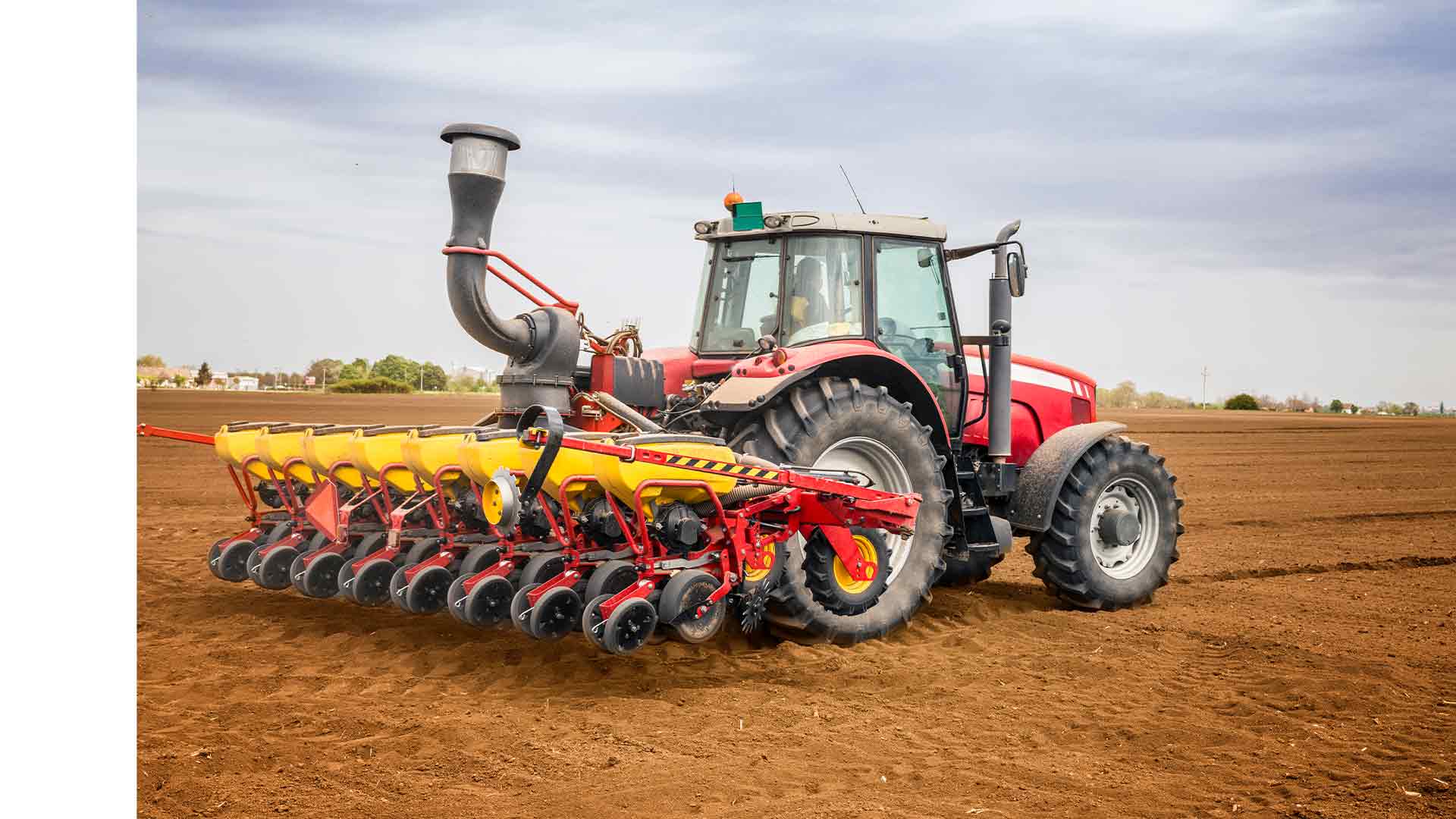
Boron in Agriculture
An example of such innovation in the international agricultural machinery market is the use of a unique steel quenching technology. Whether it is a small farm or a large agricultural holding, every company in the farming business has experienced first-hand how tillage equipment sometimes fails and how long it can take to get back to its maximum efficiency.
By using Boron steel, farmers can increase the strength and wear resistance of the working machines by 2-3 times, which means less time and money is required to maintain the appliances.
Why is Boron Steel Prized?
The reason boron steel is prized is due to the formation of a thin protective layer (boride) on the surface of the steel. Second, there is the creation of an ultra-hard compound (nitride). To break down these layers, mechanical action is needed to break down the steel. After that, the steel returns to its original state but at a much greater hardness level than before.
Where is Boron Steel used in Agriculture Industry?
The properties of boron steel make it ideal for the agriculture industry due to its excellent properties. The material is highly resistant to corrosion, rust, and abrasion. Many types of machinery and tools used in farming can be made out of steel. Boron steel is one of them. For example, it helps make knives and cut edges for farm machinery and tools.
Drawbacks of Borating Technology with Boron Steel
As a consequence of its hardness, the boron nitrides and alloys possess high wear resistance and wear resistance due to the high hardness of the alloys. On the other hand, there are significant disadvantages to using this technology. First of all, the metal becomes quite brittle during use. It is possible to apply a particular approach to some details by leveling this factor.
As a result of the desire of many manufacturers to ensure their products have a solid basis for the heat treatment process, this can result in cracking of the boride layer. By observing the temperature regime that has been established for steels of specific grades during the borating process, it is possible to prevent the oxidation of the boride layer.
For the cooling of metal parts with an isothermal medium, the temperature of the medium is selected depending on the hardness of the steel. Similarly, the heat treatment of borated steel can also be accomplished using a technology that involves accelerating the cooling process.
Benefits of Using Boron in Agricultural Machines
The agriculture industry uses boron steel for three main reasons:
Durability Against Corrosion
Under the influence of aqueous solutions of acids, Boron steel does not rust under nitric acid solutions. It should be noted that it is specifically single-phase boride layers that prove to be more acid-resistant than those that consist of two phases and can withhold the aggressive environment with the same thickness of the metal layer.
It is well known that boron-containing layers of materials are not resistant to nitric acid. Still, these materials are destroyed less intensively than when they collide with an aggressive medium of products made of non-boron-containing metals.
High Surface Strength
One boron-hardened steel coil manufacturer admitted that non-borated materials are not resistant to mechanical stress, moisture, or chemicals but rather brittle and prone to rust. During the process of borating, the parts of agricultural machinery exposed to intense loads will be strengthened to prevent abrasive wear, i.e., the mechanisms and working parts are strengthened.
Heat-resistance
It is a modern solution to save time and money. The fact that boron steel is heat-resistant speaks in favor of innovative technologies. Its superior heat resistance (+900-950 °C) extends its consumer characteristics to an entirely new level.
Lower Wear Resistance
While boron steel has slightly lower wear resistance than a thermodiffusion chromium-coated metal of the same hardness, this does not detract from its other characteristics and does not prevent it from being the predominant material in agricultural machinery today.
Other Benefits
Boron steel blades have an extended life span compared to other steel
Boron steels have a higher resistance to shock loads when compared to other types of steel
Boron steels do not need to be sharpened often and when required since they are easy to sharpen. Boron steel blades are very durable
Boron is considered a non-toxic element
Boron prevents the rusting of knife blades in the first place.
Which Boron Steel is most prevalent?
Steel grades of Boron steel from ArcelorMittal Europe – Flat Products have a unique microstructure and hardness that makes them suitable for even the most abrasive environments.
Blount Civray, a long-term ArcelorMittal customer, has released a new steel grade in its range – 45MnB4 – exploiting this steel’s high toughness and durability to create cutting blades with exceptional performance. Likewise, by innovating with 45MnB4, Blount Civray satisfies customer needs and keeps ahead of the competition.
45MnB4 Provides Better Hardness and Durability Than Traditional Steel
Compared with 30MnB5 and 36MnB5 boron grades we use for applications such as lawnmower blades, 45MnB4 is of a higher quality, more durable material, according to Patrick Baré, general manager of Blount Civray. Following the steel has been cut to the desired shape, Blount Civray uses induction hardening to complete the steel. The price range of 45Mnb4 is between $1.20 and $2.00 per pound.
Experts have evaluated the performance of the grade and determined that 45MnB4 significantly enhances the durability of the part. It is anticipated that more research will be conducted on 45MnB4 in the future as it may prove to be a fascinating technology for other applications within the industry.”
Boron Steel Production Volumes for Agriculture
Approximately 50 Million tons of boron steel are produced annually for the agricultural market. The market size of boron steel produced and used is about 2.0 x 1.0 inches for the farming sector. This is because the primary use for the product is for tractors, harvesters, and plowing equipment. However, depending on the equipment or application, the size can vary. For example, if you need to make blades for a mowing machine, the size should be more significant.


